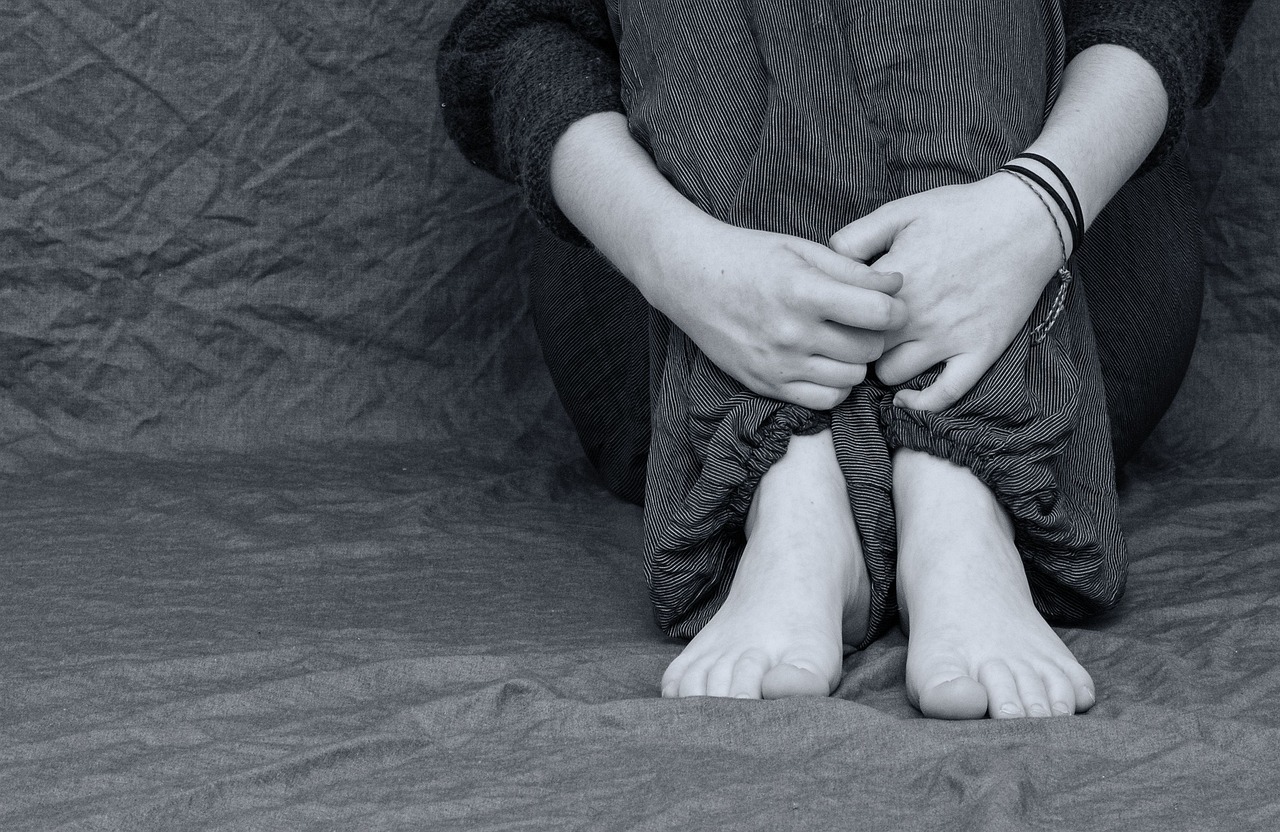
Depression is a common mental health condition that affects millions of people worldwide. It can be a silent and invisible struggle that makes it difficult to recognise in yourself or others. Understanding the signs and symptoms of depression is crucial, as early recognition can lead to timely intervention and better outcomes. In this article, we will explore the different aspects of depression.
- Persistent sadness and hopelessness
One of the main signs that you may be experiencing the onset of depression is a feeling of sadness, emptiness or hopelessness that persists over a long period of time. This emotional state is not just a bad day; it lasts for weeks or months. People who suffer from depression often describe it as a heavy veil that won’t lift.
- Loss of interest and pleasure
Depression can rob people of their ability to enjoy activities they once found pleasurable. Hobbies, socialising and even spending time with loved ones can suddenly lose their appeal. This loss of interest in previously enjoyed activities is called “anhedonia” and is one of the key symptoms of depression.
- Changes in sleep patterns
Sleep disturbances are common in depression. Some people may have trouble falling asleep or staying asleep. Others may sleep excessively and have difficulty getting up in the morning. These changes in sleep can increase feelings of tiredness and listlessness.
- Changes in appetite and weight
Fluctuations in appetite and weight are also associated with depression. Some people lose their appetite and lose weight unintentionally, while others seek comfort in food and gain weight as a result.
- Fatigue and low energy
Depression is often accompanied by an overwhelming feeling of tiredness and low energy levels. Even simple tasks that were once effortless can become monumental challenges. This chronic fatigue can make it difficult for those affected to fulfil their daily obligations.
- Difficulty concentrating and making decisions
Depression can impair cognitive function and make it difficult to concentrate, remember details and make decisions. Even small decisions can seem overwhelming. This cognitive fog can affect work, school and everyday life.
- Feelings of guilt and inferiority
People with depression often experience irrational and intense feelings of guilt and inferiority. They may blame themselves for their illness or perceive themselves as a burden to others. These feelings can further exacerbate the overall sense of despair.
- Irritability and restlessness
Depression does not always manifest as sadness; it can also lead to irritability and restlessness. People with depression may be easily irritated or treat those around them unexpectedly harshly without knowing exactly why.
- Physical symptoms
Depression is not just a mental health problem; it can also manifest itself in physical symptoms. These include headaches, stomach aches and other unexplained pains and discomfort. These physical symptoms can often be overlooked or attributed to other causes.
- Social withdrawal
Isolation and social withdrawal are common in depression. People may avoid friends and family and prefer to be alone. This isolation can intensify feelings of loneliness and despair.
- Suicidal thoughts
In severe cases, depression can lead to suicidal thoughts or ideas. If someone you know is suffering from depression and expresses thoughts of self-harm or suicide, it is crucial to seek professional help immediately or contact a crisis hotline.
Recognising depression in others
Recognising depression in loved ones is just as important as recognising the symptoms of depression in yourself. Loved ones may be reluctant to share their problems, so it is important to be attentive. Look out for changes in behaviour, mood and social interactions. If you notice that someone is showing several symptoms of depression, approach them with empathy and offer your support.
Recognising depression in yourself
Recognising depression in yourself can be difficult, as it is often accompanied by feelings of denial or shame. However, acknowledging your feelings and seeking help is a crucial step towards recovery. Here are some ways you can recognise depression in yourself:
- Self-reflection: Take time to think about your feelings and behaviour. If you notice persistent patterns of sadness, apathy or other symptoms mentioned above, this could be a sign of depression.
- Keep a journal: Keeping a journal can help you track your emotions and identify recurring patterns. This can be especially helpful when discussing your feelings with depression specialists (doctors or psychotherapists). edupression offers a proven, medical mood chart for this purpose.
- Seek feedback: Sometimes those closest to you will notice changes in your behaviour before you do. Don’t hesitate to ask them for their opinion and support.
- Consult a specialist (doctor or psychotherapist): If you suspect that you are suffering from depression, you should consult a depression specialist. They can make an accurate diagnosis and recommend suitable treatment options.
- Avoid self-diagnosis: Although self-assessment is valuable, it is important not to diagnose yourself. A professional evaluation is necessary to determine whether you have depression and how severe it is.
- Be kind to yourself: Remember that depression is an illness, not a personal failure. Be kind and patient with yourself as you seek help and work towards recovery.
Self-test: Do I have depression?
Summary
Recognising depression is the first step towards managing and treating this complex mental illness. Whether you want to recognise depression in others or suspect you may have it yourself, it is important to understand the symptoms of depression. Depression is treatable and seeking help is a sign of strength, not weakness. With the right support and treatment, people with depression can find their way to a brighter and more fulfilling life.
Digital psychotherapy: find out more